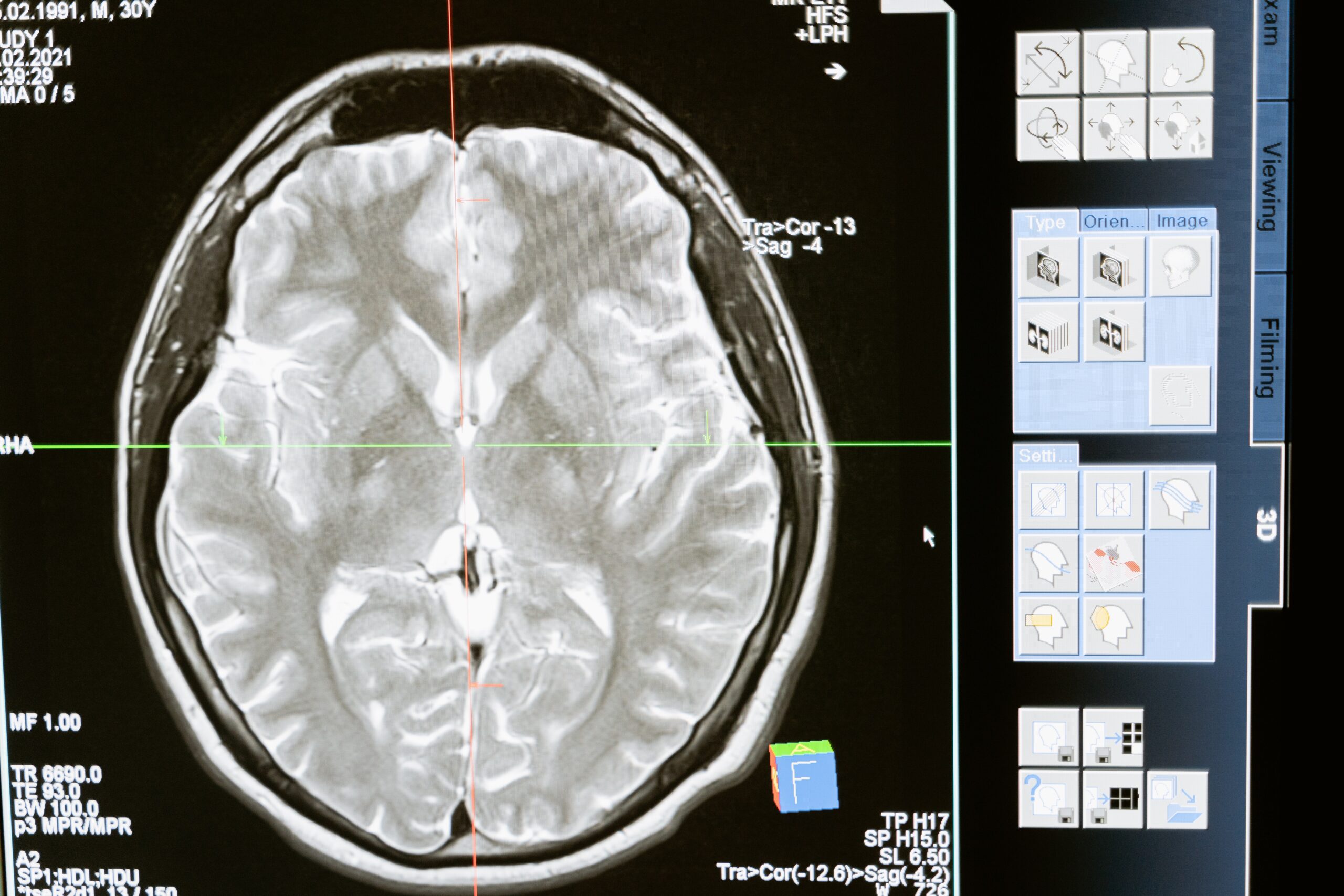 More than eighty years ago, psychologist Robert Cattell partitioned intelligence into two parts: fluid and crystallized. Fluid Intelligence refers to a person’s current ability and involves openness to learning new things, while crystallized intelligence refers to the “accumulation of knowledge, facts, and skills that are acquired throughout life.” Hence, the latter is associated with education. On the other hand, fluid intelligence is linked to working memory.
More than eighty years ago, psychologist Robert Cattell partitioned intelligence into two parts: fluid and crystallized. Fluid Intelligence refers to a person’s current ability and involves openness to learning new things, while crystallized intelligence refers to the “accumulation of knowledge, facts, and skills that are acquired throughout life.” Hence, the latter is associated with education. On the other hand, fluid intelligence is linked to working memory.
Learning a new skill, recalling existing memories and modifying them with new knowledge are part of fluid intelligence. Unfortunately, this ability to embrace novelty appears to decrease with age. Yet there are methods to challenge memory and support fluid intelligence.
A 2007 study assessed the impact of brain training games on fluid intelligence. Although they may be entertaining, brain training games do not increase fluid intelligence. They are specific to the exercise: excelling in Sudoku may improve crystallized intelligence, but it has little effect on fluidity. The player simply becomes more adept at Sudoku.
In order to keep improving fluid intelligence, focus on learning something different or novel. Physical activity, memory exercises, and problem solving tasks can increase fluid intelligence. An NIH study from last year indicated that even in “the oldest old” (age 85+) physical exercise can improve cognitive function, “ particularly within the executive function domain and fluid cognitive skills.
So, learn something new and keep active!

